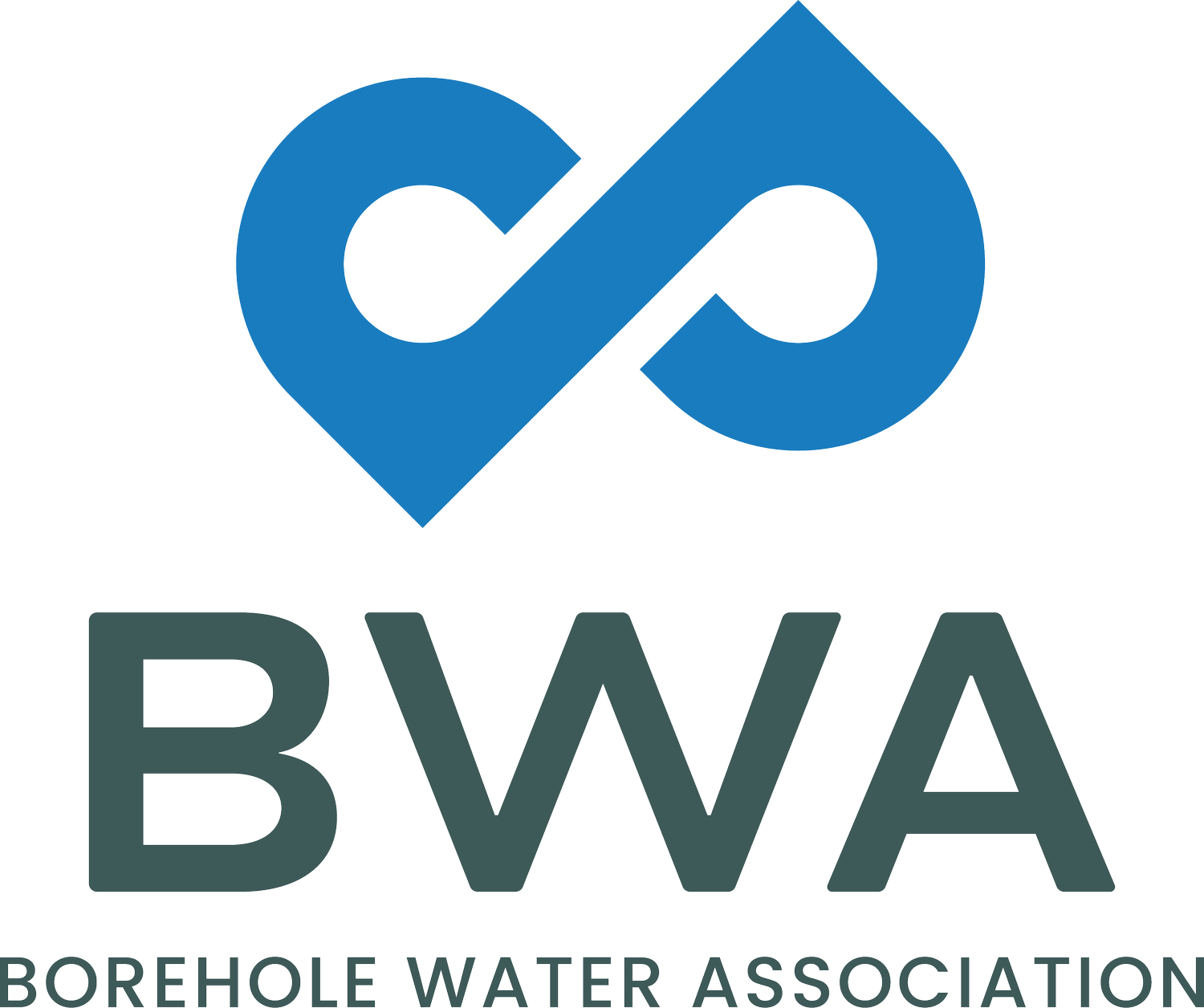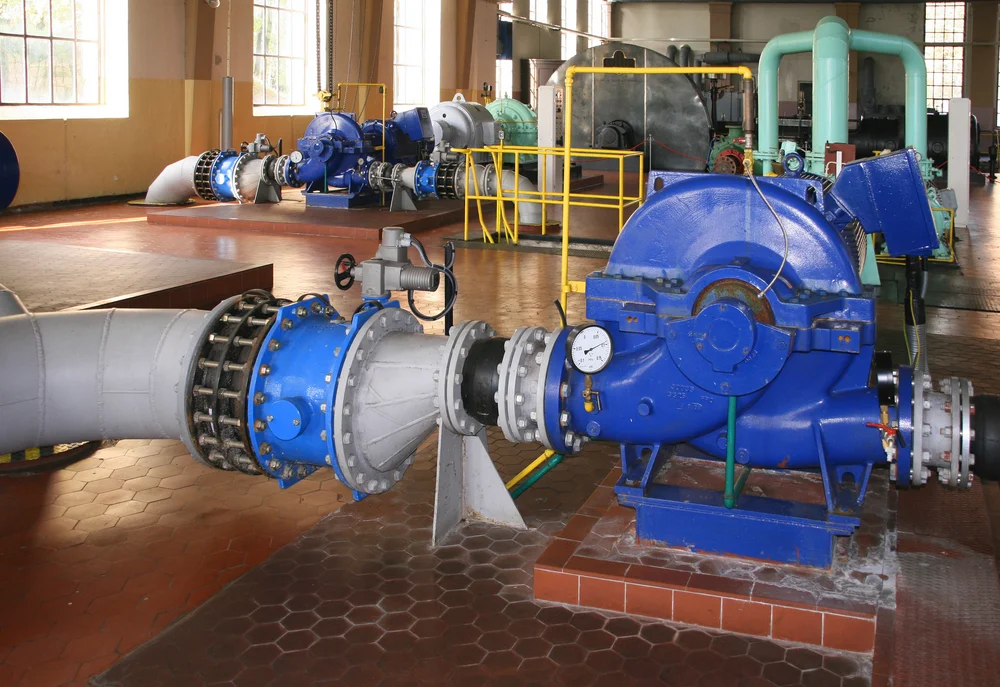JG Afrika appointed to USAID Resilient Waters programme team
/The Southern Africa Resilient Waters Project focuses mainly on the Okavango and Limpopo River basin areas.
Chemonics International, a large international development specialist, has appointed JG Afrika, a leading firm of engineers and environmental scientists, as a sub-contractor on a US$32.7-million project that aims to build resilient southern African basin areas.
The Southern Africa Resilient Waters Project is being funded by the United States Agency for International Development (USAID), and focuses mainly on the Okavango and Limpopo River basin areas.
They constitute as much as 75% of the geographical footprint of the programme, while the balance will include those areas that are connected to these systems. The other 25% of the project footprint will be made up of areas that link in some way with the Okavango and Limpopo Basins, such as through wildlife migration corridors, or institutional boundaries, or even Trans-frontier Conservation Areas.
USAID and the American people have nurtured more than a 20 year-long working relationship with the sub-region under a larger memorandum of understanding between the United States and the Southern African Development Community (SADC).
Chemonics International was the lead consulting firm on both the Southern Africa Regional Environmental Programme (SAREP) in the Okavango Basin, and the Resilience in the Limpopo River Basin Programme (RESILIM) in the Limpopo Basin.
Robyn Tompkins presenting on the history of GLAAS in Botswana at the data validation meeting in Kasane. The meeting was supported by the USAID Resilient Waters Program.
Robyn Tompkins, an executive associate and manager of the firm’s Botswana office, led the JG Afrika team working on the SAREP project and was later approached by Chemonics International to also participate in the Southern Africa Resilient Waters Project.
Tompkins is also a member of the World Health Organisation (WHO) and United Nations Water Global Analysis and Assessment of Sanitation and Drinking-Water team, but will serve as the senior advisor on the water, sanitation and hygiene (WASH) component of the programme.
Sam Nonofo, WASH Finance specialist in the Ministry of Land Management, Water and Sanitation Services providing feedback on group deliberations at the GLAAS data validation meeting.
JG Afrika WASH specialist, Suvritha Ramphal, will be seconded on a full-time basis to the RWP Project offices in Pretoria. The Programme Director, or Chief of Party, is the extremely experienced Kule Chitepo from the Chemonics Team.
The WASH component is just one of the four integrated key objectives of the programme that will ensure a holistic approach is applied to this vast area.
Botswana’s WASH technical group completing the GLAAS survey at the data validation meeting in December 2018. Botswana was the second country in the world to submit their GLAAS survey.
High on the agenda as a key imperative is strengthening existing institutional and governance capacities to ensure the sustainability of the proposed resilience mechanisms, particularly transboundary institutions.
This aspect of the programme will entail working closely with numerous high-level stakeholders, including the Permanent Okavango River Basin Water Commission (OKACOM) and the Limpopo Watercourse Commission (LIMCOM).
Moreover, the Programme leadership will engage representatives at a SADC level, including the governments of relevant member countries, namely Angola, Namibia, Botswana, South Africa, Zimbabwe and Mozambique.
Another key member of the RWP team is the Stellenbosch University’s Centre for Complex Systems in Transition (CCST).
CCST is a research and training hub that draws together researchers and practitioners interested in sustainability transitions by applying complexity thinking and transformative transdisciplinary methods.
These varied and excellent skills and capabilities will inspire the team in innovating to achieve the four key objectives of the programme, namely, improved transboundary water security and resource management, WASH, as well as strengthening the resilience of communities and protecting biodiversity in the basin areas.
Communities in these areas are extremely vulnerable to climate shocks considering their reliance on the natural resources of the river basin, and the team will, therefore, also concentrate its efforts on finding alternative means of sustaining livelihoods.
The growth of rural populations in these areas is placing immense pressure on existing resources, including water and land, and this is being exacerbated by climate shocks. Alleviating this pressure is critical for resilient river basins, while mitigating the impact of urban and rural development on the basins is another critical issue.
One of the key issues in these vast areas is monitoring – getting the right data and information to ensure that the team knows where the problems are. One of its important approaches in the RWP – particularly in the WASH component – will be to focus on strengthening the ability to monitor and evaluate water and sanitation systems in these communities.
This is essential considering that studies by the WHO have revealed that between 40% and 60% of water and sanitation projects in rural areas of the continent have failed shortly after they were implemented due to various factors, such as institutional capacity to reach remote areas, lack of ownership and inappropriate technologies.
“Monitoring and evaluation has traditionally been limited considering the sheer extent of these basins. This has severely hampered the ability to highlight weaknesses, as well as identify best practice that could be implemented elsewhere. Robust monitoring and evaluation models will ensure that experiences and learning are also integrated into all of the other components of the programme,” she says.
As part of this focus area, Tompkins and her team will also assess the suitability of many of the technologies and models that have greatly improved monitoring and evaluation, as well as access to services in other regions of the continent.
As part of the larger Southern Africa Resilient Waters Project, JG Afrika will also have the opportunity to work closely with other leading experts in their respective fields.
This includes economic-based consultancy with a solid track-record working with African policymakers and decision-makers, Genesis Analytics. The company has been appointed to develop unique financing concepts for every component of the programme, as well as the Monitoring, Evaluation and Learning (MEL) mechanisms that will be used throughout the programme.
Meanwhile, a pervasive presence at ground level in both basins has been ensured by the participation of the Peace Parks Foundation.
This non-government organisation provides political support-building, planning, project management, fundraising and administrative training to trans-frontier conservation areas, which include half of the declared conservation estates in southern Africa.
Tompkins concludes that she is looking forward to working with Chemonics on another large programme in southern Africa, once again made possible by USAID and the American people in their unwavering commitment to the southern African region and its basin areas.
For more information please contact:
Charmagne Denny, Marketing & Communication Manager, JG Afrika
Tel: +27 11 231 2200 Fax: +27 11 807 7006 Email: DennyC@jgafrika.com








